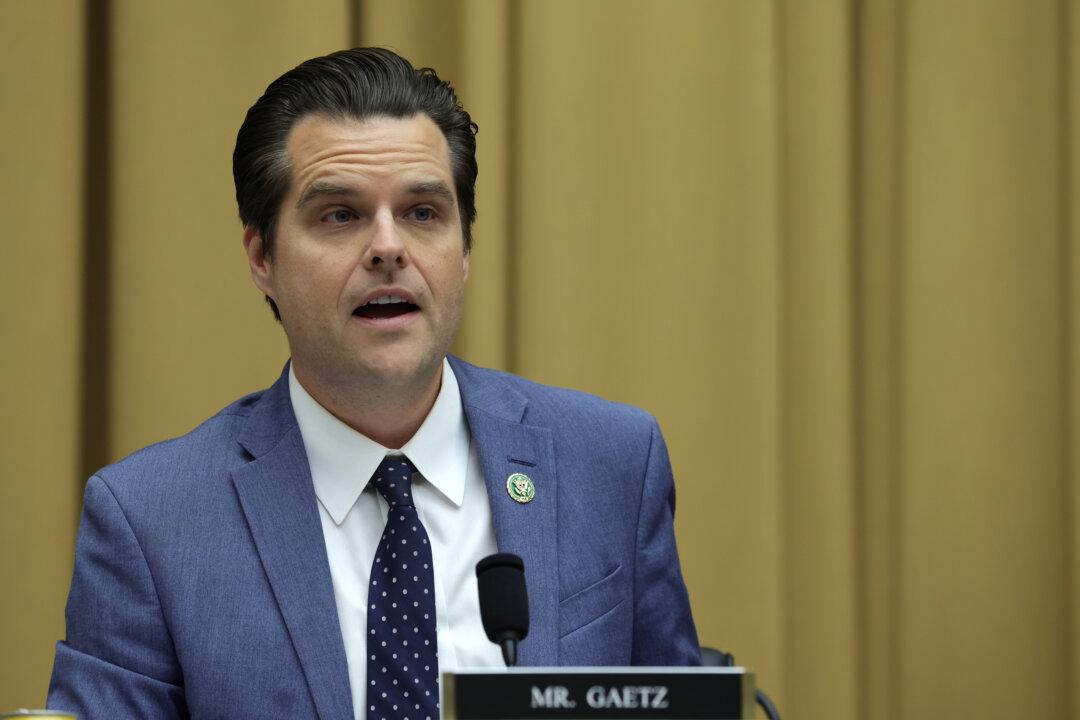Rep. Matt Gaetz (R-Fla.) is leading a Republican effort in the House to abolish a controversial surveillance authority that is due for reauthorization at the end of the year.
Section 702 of the Foreign Intelligence Surveillance Act (FISA) was enacted by Congress in 2008 as a post-9/11 measure to bulk up U.S. national security. The provision allows intelligence agencies to conduct warrantless surveillance of foreigners located outside the United States.





